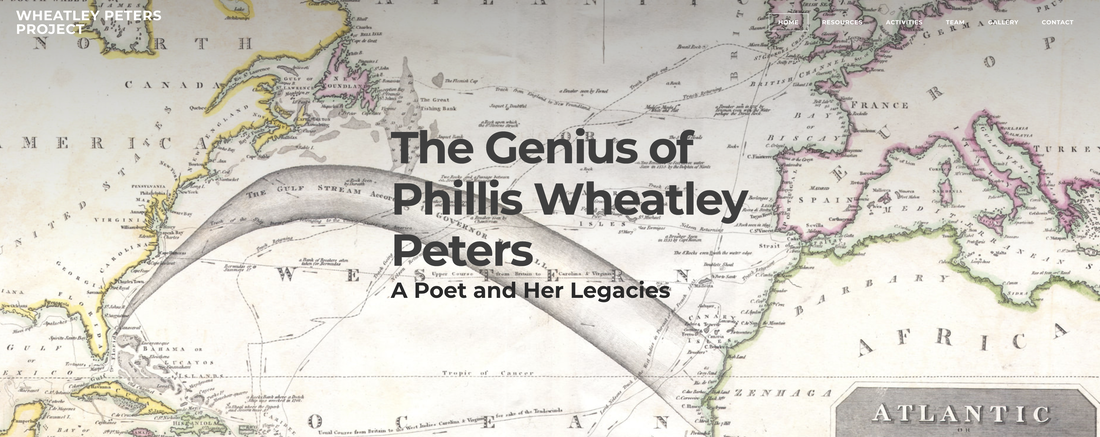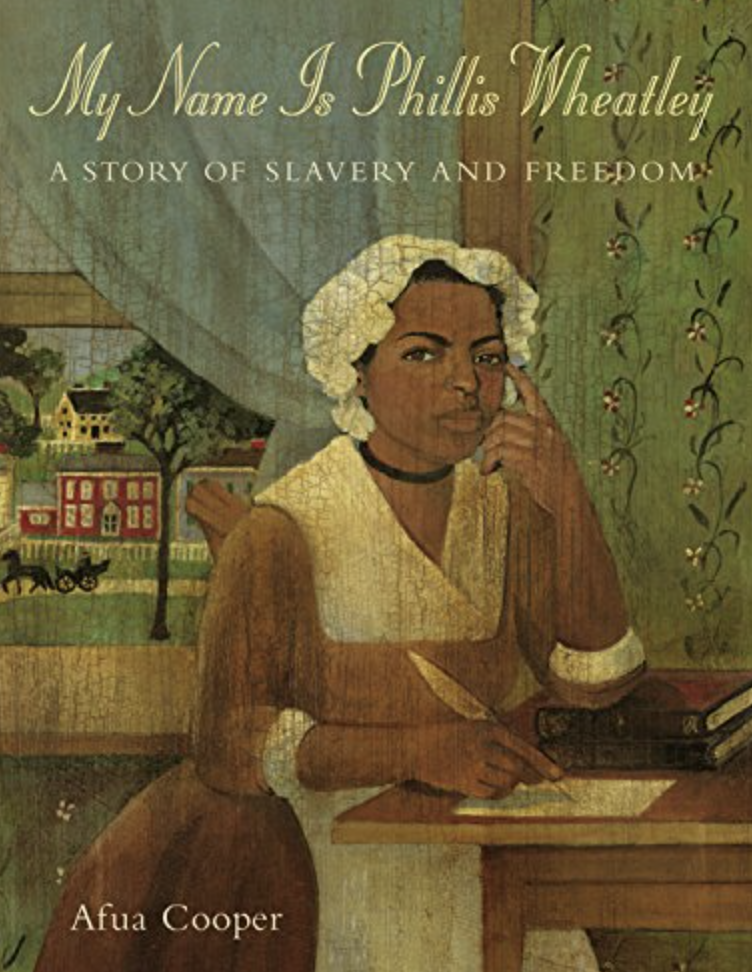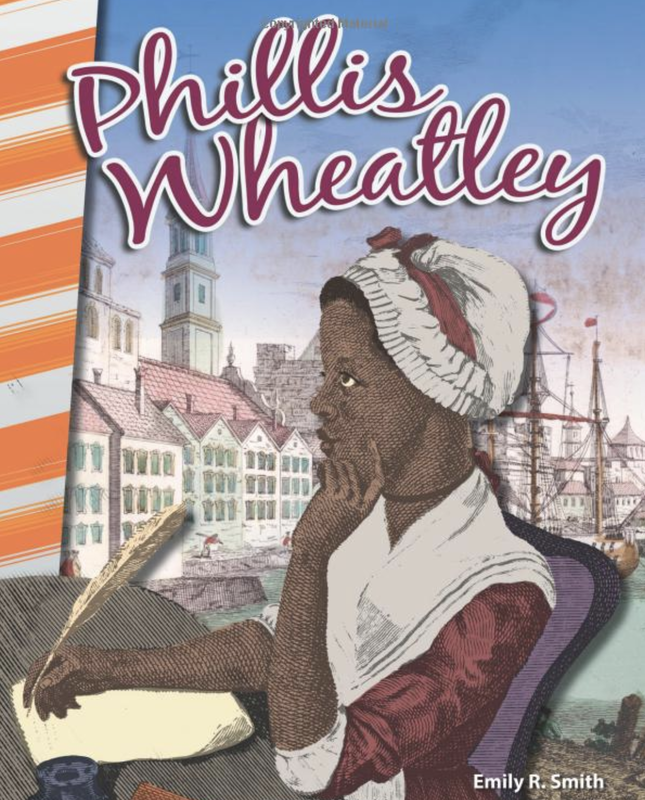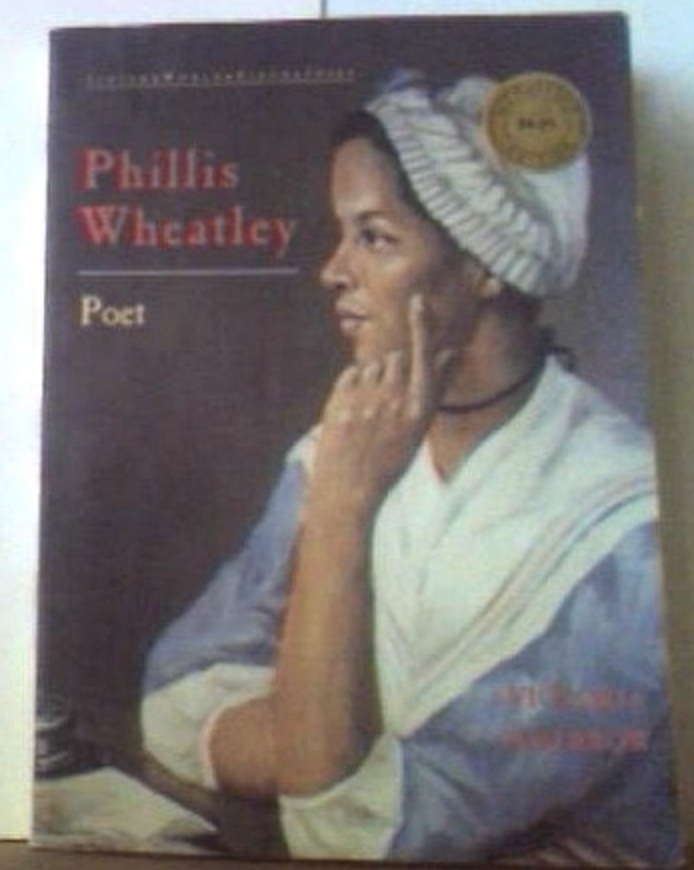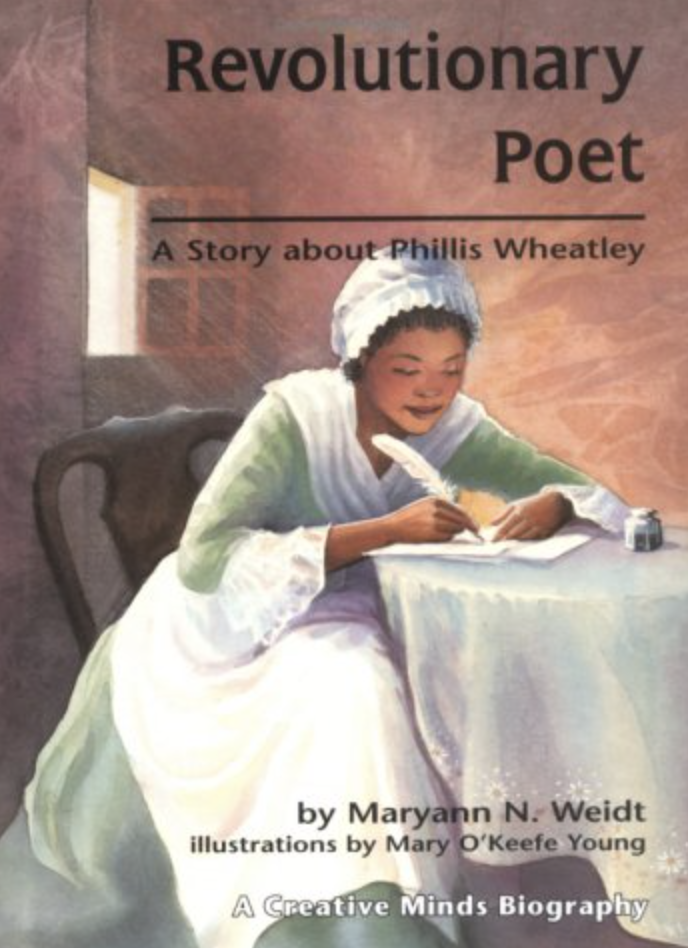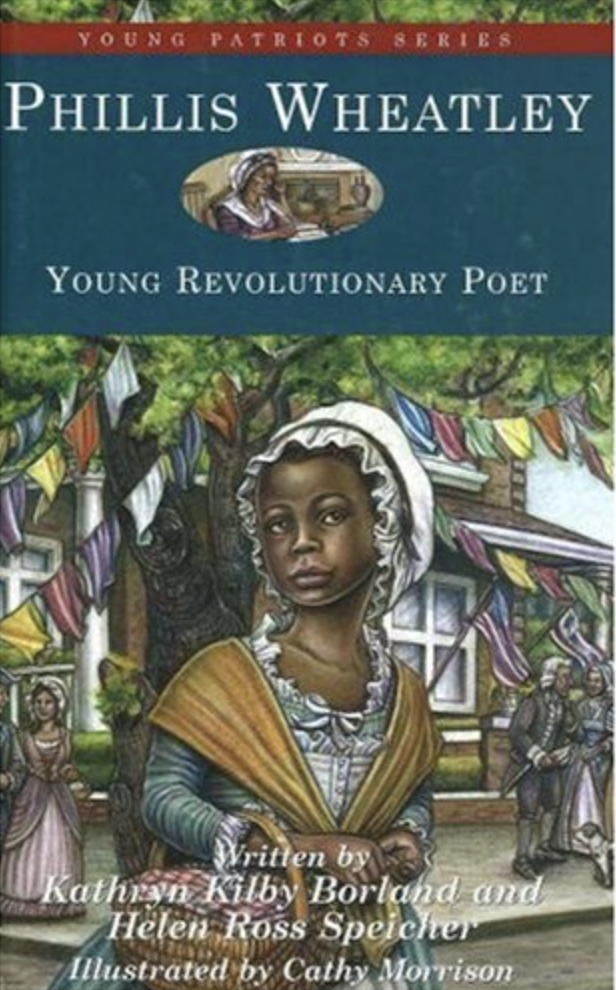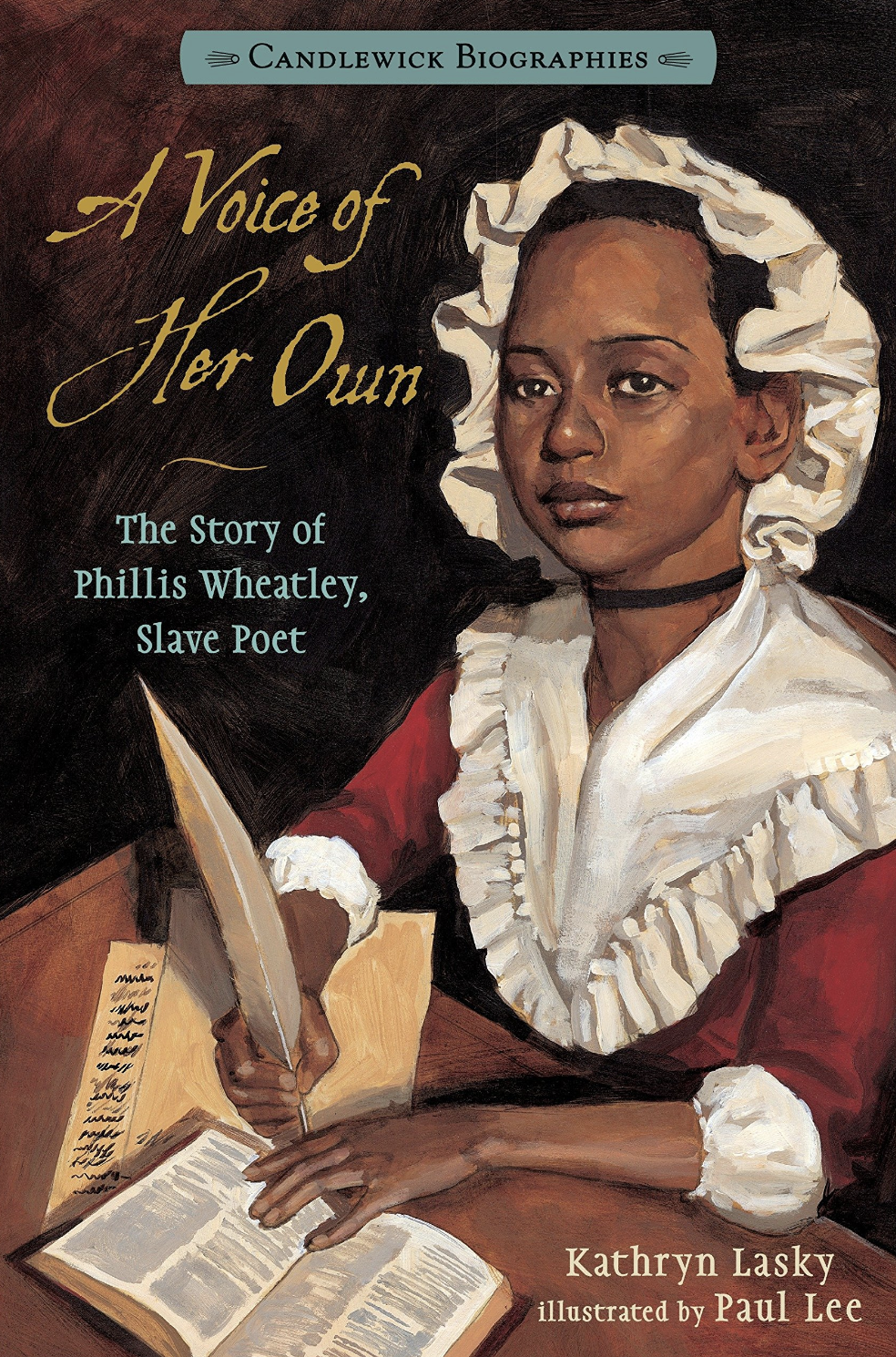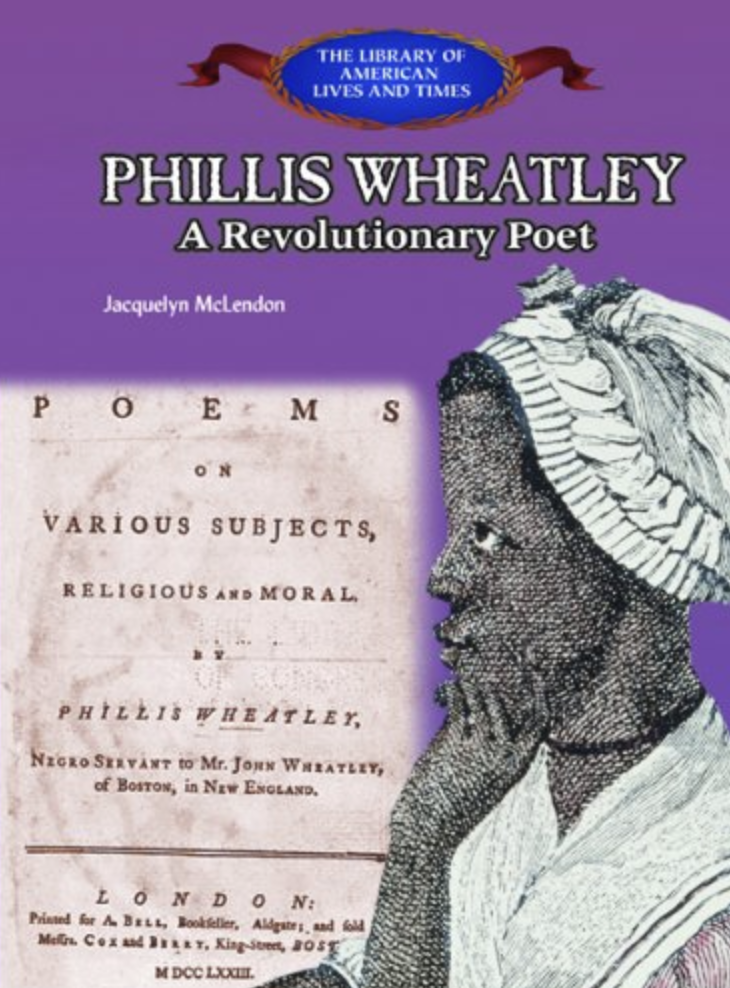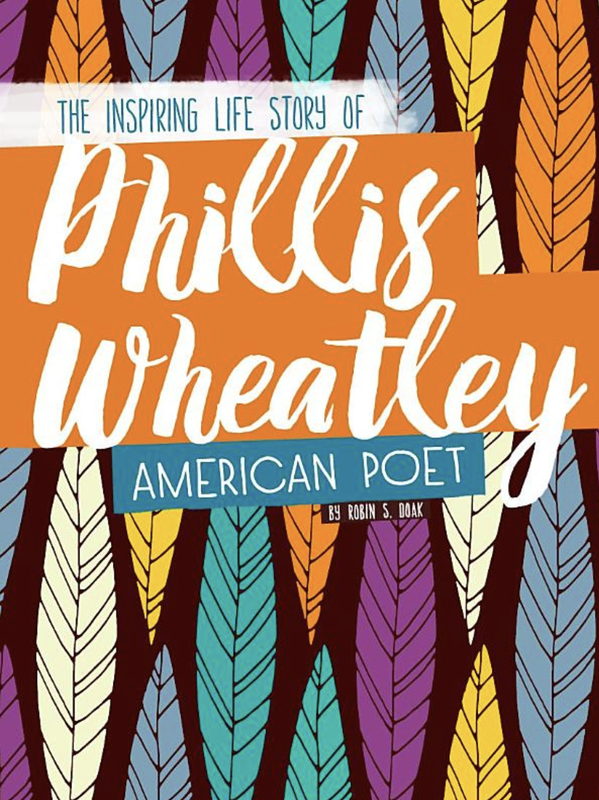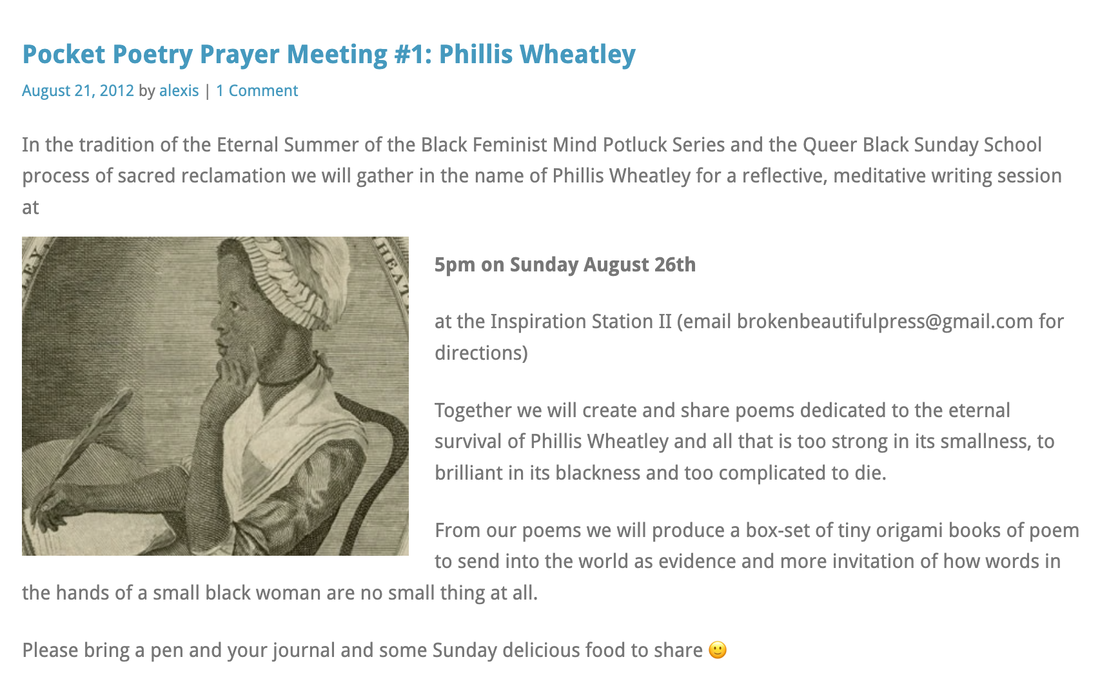“The Genius of Phillis Wheatley Peters” is a partnership of the University of Georgia and Texas Christian University celebrating the poet and her legacies informed by a participatory vision of the humanities and the arts.
Click here for more about the project and its co-directors.
Click here for more about the project and its co-directors.
In DFW Writes Phillis Wheatley Peters (#DFWwritesPWP), Sarah Ruffing Robbins, Endia Lindo, and Carmen Kynard connect professional development opportunities for teachers with a student writing contest in honor of Phillis Wheatley as one of the multiple community events in the national Wheatley Peters Project. Captured in West Africa in 1761, Phillis Wheatley Peters arrived in Boston as a slave. Twelve years later, she published the first book of poetry by an African American. Together, we examine the ways she continues to inspire audiences today in grades 3-12 in this 250-year anniversary of her 1773 publication.
Teaching Suggestions for Middle School
(Grades 6-8)
(Grades 6-8)
|
|
|
|
|
My Name Is Phillis Wheatley:
A Story of Slavery and Freedom by Afua Cooper This 152-page book tells about the life of Phillis Wheatley Peters and is written especially for young adults. It is told from the voice of Phillis Wheatley Peters and opens by imagining her African family as possible griots given her brilliance with words. Students might read this book as a great way to also examine the difficulty of first-person narration. The genre is historical fiction and can be incorporated across humanities and social science classrooms. This book might serve as a good text for literature circles or can be excerpted for a whole class. |
|
Phillis Wheatley
by Emily Smith This 32-page multimedia book for middle school readers and writers tells about the life of Phillis Wheatley Peters. It has a social studies focus that features colored primary materials about slavery and the American Revolution.
This book may require further knowledge-building around the following: black codes, the Great Awakening, Crispus Attucks, Boston Tea Party, and the American Revolution. The book closes with a discussion of how Wheatley Peters's life may have been different if she were a slave in the South rather than in Boston. However, we'd encourage teachers to resist any urge to quantify and compare the horrors of slavery; we'd also encourage all readers to resist automatically equating the North with racial equality. Follow-up discussions and writing activities might include students' own personal responses to Wheatley Peters's life and poetry alongside images/primary source materials of the time. |
|
Phillis Wheatley: Poet (Junior World Biographies)
by Victoria Sherrow This 80-page book for younger middle school readers and writers tells about the life of Phillis Wheatley Peters. It includes over fifteen black and white images that act as primary source material. It especially highlights Wheatley Peters's life in the context of the American Revolution.
|
Revolutionary Poet: A Story about Phillis Wheatley (A Creative Minds Biography)
by Maryann Weidt This 64-page book for younger middle school readers and writers tells about the life of Phillis Wheatley Peters. It includes over eleven black-and-white, beautifully drawn illustrations.
|
|
Phillis Wheatley: Young Revolutionary Poet (Young Patriots Series)
by Kathryn Borland This 120-page book is written as historical fiction and tells about the life of Phillis Wheatley Peters.
Chapter eight of this book connects the American Revolution with Wheatley Peters's poem: "To the Right Honorable William, Earl of Dartmouth" (click here for the poem). In the chapter, Phillis reads the poem aloud and thereby introduces readers to the actual words of the poem. For a dramatization of "To the Right Honorable William, Earl of Dartmouth," click here. This is a video that includes reflections on the appointment of William, Earl of Dartmouth, by Phillis Wheatley, 1772, and the 1773 Petition for Manumission from Felix to Governor Hutchinson. Follow-up discussions might ask students to think about the ways Wheatley Peters's experience of slavery influences her discussion of liberty. Students might also read from the famous American poet, Cornelius Eady, who wrote a poem in honor of the mother Phillis never saw again (click here). Perhaps, students might write a poem to her mother or family the way Cornelius Eady has. |
For a text about African Americans and the American Revolution for middle school readers and writers, please see Answering the Cry for Freedom: Stories of African Americans and the American Revolution by Gretchen Woelfle (2016). For the introduction and section of the book dedicated to Phillis Wheatley Peters, click here. The book also includes chapters on: Boston King, Agrippa Hull, James Armistead Lafayette, Elizabeth Mumbet Freeman, Prince Hall, Mary Perth, Ona Judge, Sally Hemings, Paul Cuffe, John Kizell, Richard Allen, and Jarena Lee.
|
A Voice of Her Own: The Story of Phillis Wheatley, Slave Poet (Candlewick Biographies)
by Kathryn Lasky This 48-page book for middle school readers and writers tells about the life of Phillis Wheatley Peters. It begins with her life in slavery and ends in 1774 by describing how well Wheatley Peters's books sold.
This book presents the story of Phillis Wheatley Peters's life in an engaging narrative. It ends with the arrival of a shipment of 300 of her books to Boston in 1774. Had the books arrived a few months later, no one would have been able to retrieve them since the Boston Harbor was blockaded. Ten years later, in 1784, Wheatley wrote "Liberty and Peace." Follow-up discussions and writing activities could focus on this final poem and the ways students might imagine how Wheatley Peters reached these later reflections. |
More Books that Incorporate Vivid, Historical Primary Source Materials to Tell Phillis Wheatley Peters's Life Story
|
112-pages of biographical and historical information in full color published in 2003 (includes a timeline, glossary, further reading, and bibliography)
|
112-pages of biographical and historical information in full color published in 2017 (includes a timeline, glossary, further reading, source notes, bibliography, and critical thinking)
|
110-pages of biographical and historical information with black&white images published in 1988 (includes further reading and chronology)
|
Project IdeasWrite a letter or poem to Phillis Wheatley like this TUMBLR account from 2012 (click here for examples) that you will turn into a pocket book. These letters were part of Alexis Pauline Gumbs's Pocket Poetry Prayer Meeting in 2012 where writers gathered to produce poems. Together, they produced a box-set of tiny origami books of poems dedicated to Wheatley Peters to send out into the world.
|
